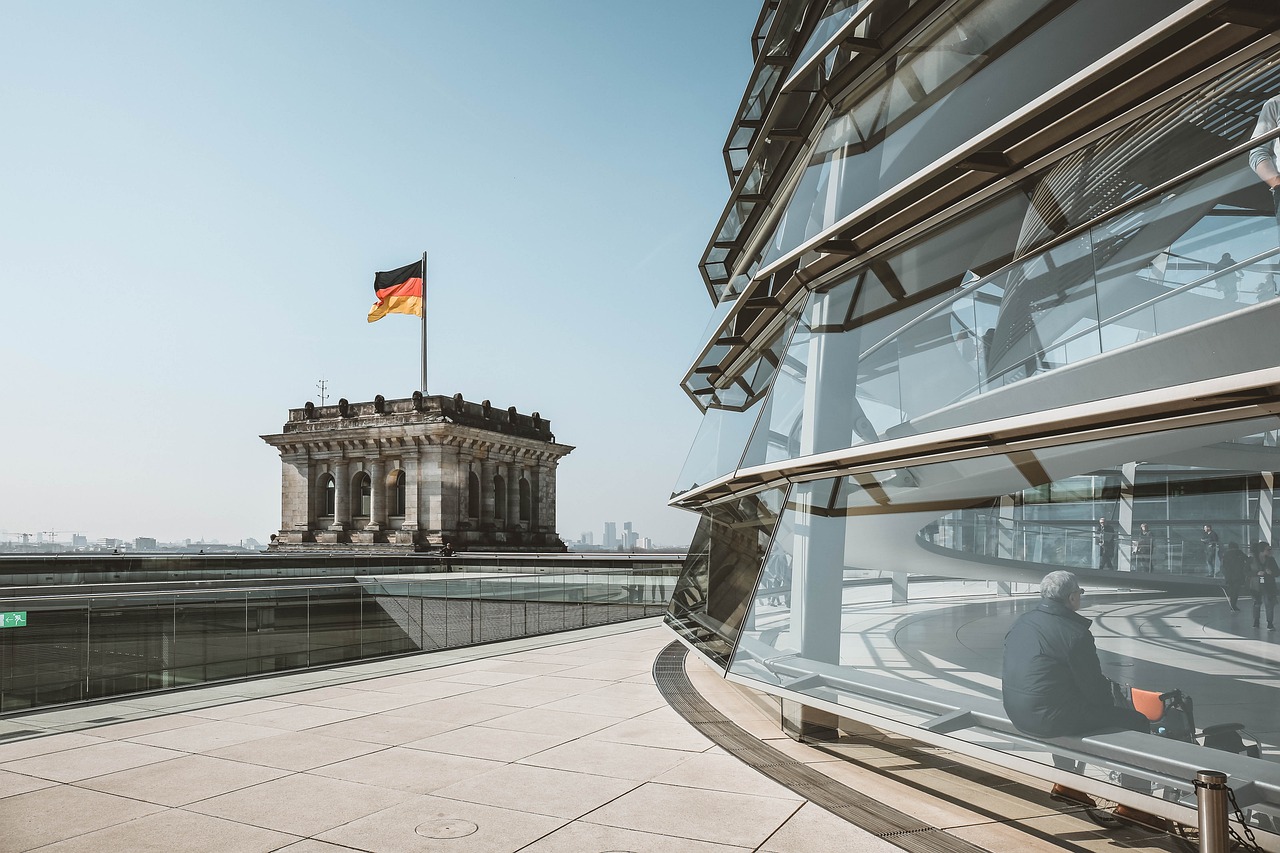This significant shift towards broader legalization comes despite previous delays due to opposition within the government coalition. The legislation, scheduled for parliamentary approval on Friday and expected to take effect on April 1st, is not an April Fools' joke.
The new law will permit adults to cultivate up to three plants of cannabis for personal consumption and possess up to 25 grams of the drug. Additionally, nonprofit cannabis social clubs will be established, capped at 500 members, and beginning in July. These clubs will be allowed to cultivate and distribute cannabis collectively, without commercial intent.
The law strictly prohibits the use of cannabis for individuals under the age of 18. Those aged 18 to 21 are restricted to purchasing cannabis with a THC content of no more than 10%, and are limited to a monthly purchase of 30 grams.
Health Minister Karl Lauterbach emphasized the government's goal of legalization, which he said would help diminish the black market for cannabis, address drug-related crime, and protect consumers from contaminated products. Referencing Canada and various studies, he argued that the legislation would significantly reduce the illegal market for cannabis and mitigate the sale of harmful products by dealers.
Opponents argue that decriminalizing cannabis could negatively affect young people and increase police workloads. Currently, cannabis in Germany is legal for specific medical purposes and decriminalized for possession in small quantities.
Niklas Kouparanis, the CEO of Bloomwell Group, believes that Germany could become a model for legalizing cannabis, highlighting the reclassification of medicinal cannabis as non-intoxicating as a key aspect of the new law. This change is expected to increase medical cannabis use from April 1, according to Kouparanis. Germany hosts one of the largest indoor cannabis farming facilities in Europe, with Demecan among the few that are licensed for production. This facility covers 120,000 square meters and has a production capacity of one ton per year, but it has not yet reached its full potential.
The recreational cannabis market in Germany is expected to reach up to €4 billion by 2025. The new law has led to increased investment in the industry, with companies like Cantourage and Cansativa receiving financial support and public interest.Compared to Luxembourg, which recently passed a law allowing household cultivation of cannabis but restricting its use and sale, Germany's limited legalization represents a more cautious approach to cannabis regulation. This reflects the broader hesitancy among EU member states towards full legalization, due to international and domestic criticism.



